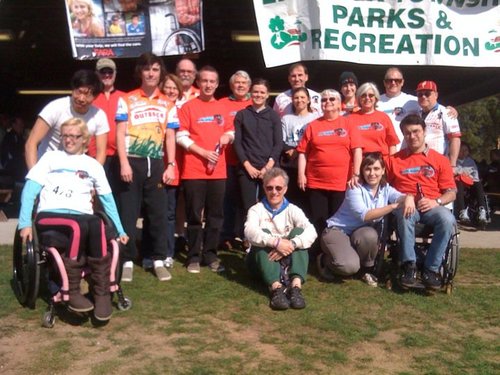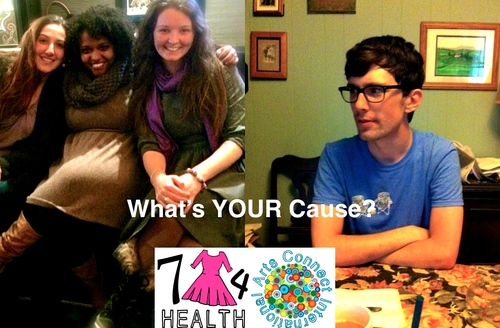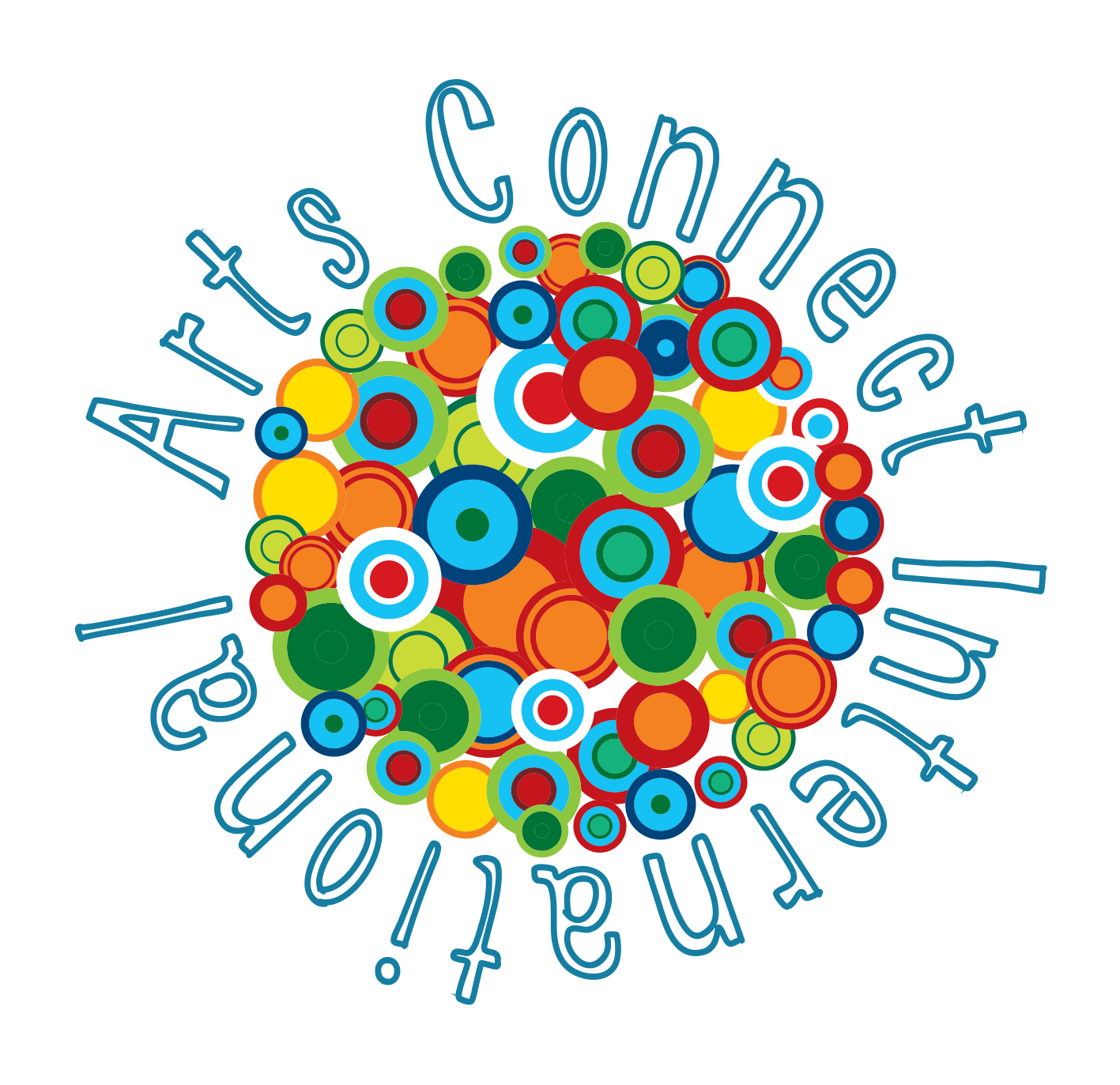Introduction to our Guest Blogger: Liam Dougherty is currently a student in Philadelphia, graduating with his Master’s in Public Administration this Spring. He was diagnosed with Friedreich’s ataxia in high school, and gets around with a wheelchair, electric scooter, and using a service dog named Virgil.
Title: We Are All Lovely Avocados
The culture we live in sees things as good or bad. Before we know we're doing it, we judge everything around us. We try to bring ourselves closer to things we deem good, and distance ourselves from things we see as bad, inadequate, or falling short. These split-second judgments are most definitely useful when picking between options, such as purchasing a home or an avocado. Thinking only in terms of choice, a house without plumbing is a bad house and an avocado with worms is a bad avocado. I like plumbing in homes I live in, and worms not in the avocados I eat, so I should use these criteria when picking between options. While worms are not intrinsically bad, I do not want to eat them, and subjectively a worm-less avocado is a good avocado for eating.
But people are not avocados at the supermarket.
Why, upon meeting someone, do we instinctively hold them up to the light for judgment? We act like we're buying our first car–kicking tires and looking under the hood as if we know anything about engines. We are all too eager to look for the abnormalities in people, and the more we do this, the more space we leave between them and us. And the vacuum of this space sucks in pity, anger, and otherness. A person in a wheelchair is not a bad person. A wheelchair is not intrinsically bad.
I use a wheelchair, and do concede that my body is inadequate to walk well–that I fall short in my ability to walk. But that is all that can be said. Since I am a person, I expect to be seen as nothing less. True empathy and humanity comes from seeing people as fellow human beings.
Disability is not a dirty word. I fully understand that I cannot throw a football as well as most people. If you were a scout for the Denver Broncos, by all means judge me in this way. But in any truer sense–in any way that matters to myself and my personhood–I do not see my chronic illness as bad.
I am acutely aware of the tendency of people to judge other people; over the past decade I have moved from one side to the other side of the spectrum–from "average" to disabled. I was diagnosed with Friedreich’s ataxia at 16. For most of my life I did not show symptoms. I grew up healthy, and I remember feeling this distance, between me and the disabled children I grew up with. Even after I was diagnosed, and started to develop a strange walking gait and severe scoliosis, I tried hard to not be grouped in with other disabled people. I attempted to hide it for as long as I could. I was an avocado in denial of his worms.
I want to stop here and reiterate that there is no value judgment when I talk about worm-edness. My point in writing this is that acceptance (internal and external) starts with honesty, about who and what you are. Worm-edness is good for the happy worms, but bad for hungry people looking for guacamole. The real trick is that there is no good or bad, just things that happen.
Every part of my life since my symptoms started showing has been a readjustment. “I am now someone who uses a cane to walk”. “Now I use a recumbent trike.” “Now I use a service dog for balance.” “Now I use a manual wheelchair.” “Now I use a scooter.” Along the way I started accepting being labeled as disabled–with being put into that group.
However I don’t think it ends here. I think it ends with us realizing that “disabled” is just a name. It is another way for us to categorize people when most of the time they don’t need to be. I love being part of the disabled community; my fellow disabled friends understand my problems and concerns in a way that few other people can. But there is no more of this distance between an “abled” person and me than between a disabled person and me. Inadequacy is a construct–we are all just lovely avocados.
Call to action: Do you have important information around disability that you want to share with a wider audience? Do you or a loved one currently live and/or struggle with disability related issues? Do you work in research, advocacy, prevention, treatment or care? We want to hear from YOU! Write to us today: 7dresses@artsconnectinternational.org to become a featured blog writer. Another way to get involved is to wear the color of the day in solidarity. Take a picture of yourself in the color of the day and Tweet it @ArtsConnectInt, tag us on Instagram @ArtsConnectInt, or send it to us on Facebook.
About 7 Dresses 4 Health (7D4H): 7D4H is a year-long arts and health education campaign lead by visual artist, Marian Brown, in conjunction with Arts Connect International. The objective of the campaign is to promote inclusive community practices through adDRESSing health artistically and collaboratively. To learn more about the genesis of the project, read Marian’s New Year Blog.
About today's look: All of the dresses for 7 Dresses 4 Health were designed and sown by Kim's Fashion Design. Love the look? Visit Kim at 100 Huntington Ave, Boston MA 02116, call her at (617) 267-9299 or email her: info@kimsfashion.com. Mention 7 Dresses 4 Health for a special discount!
Campaign Update (2017): All 7 Dresses 4 Health blogs were migrated from a former site, so the sharing analytics are inconsistent from when they were first published. We apologize to our guest bloggers, and readers, for this inconvenience. That said, the campaign garnered an average of 5K hits per blog, over 500,000 readers throughout 2015! Additionally, the average number of shares per guest blog was over 150x on social media (through Facebook and Twitter). Thank you for making this incredible campaign possible - and for all that it was for so many. With gratitude, Marian & the ACI Team



